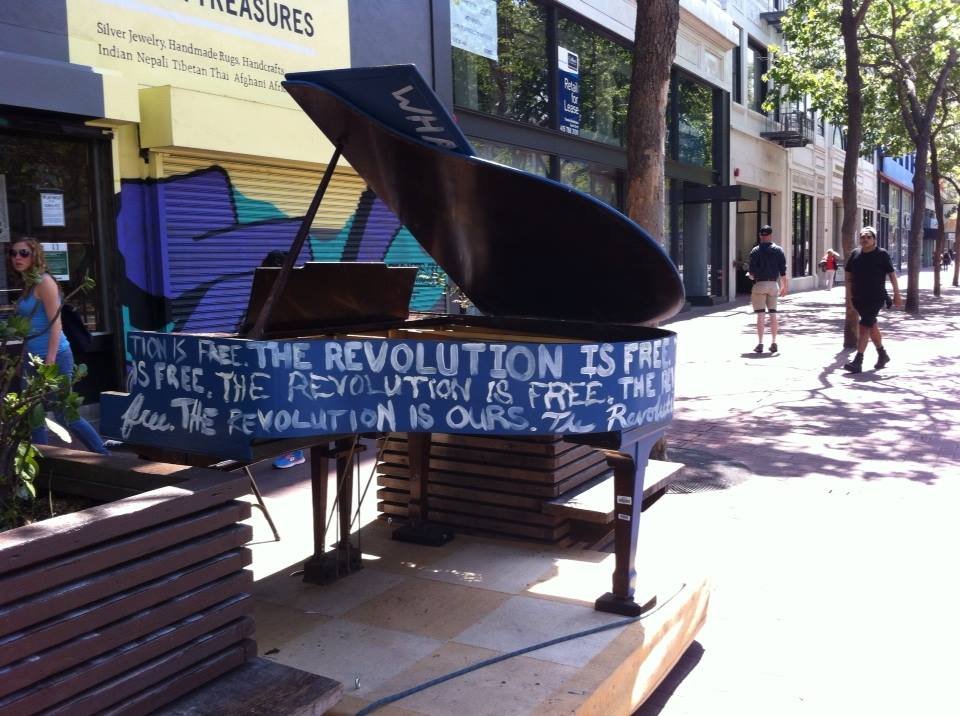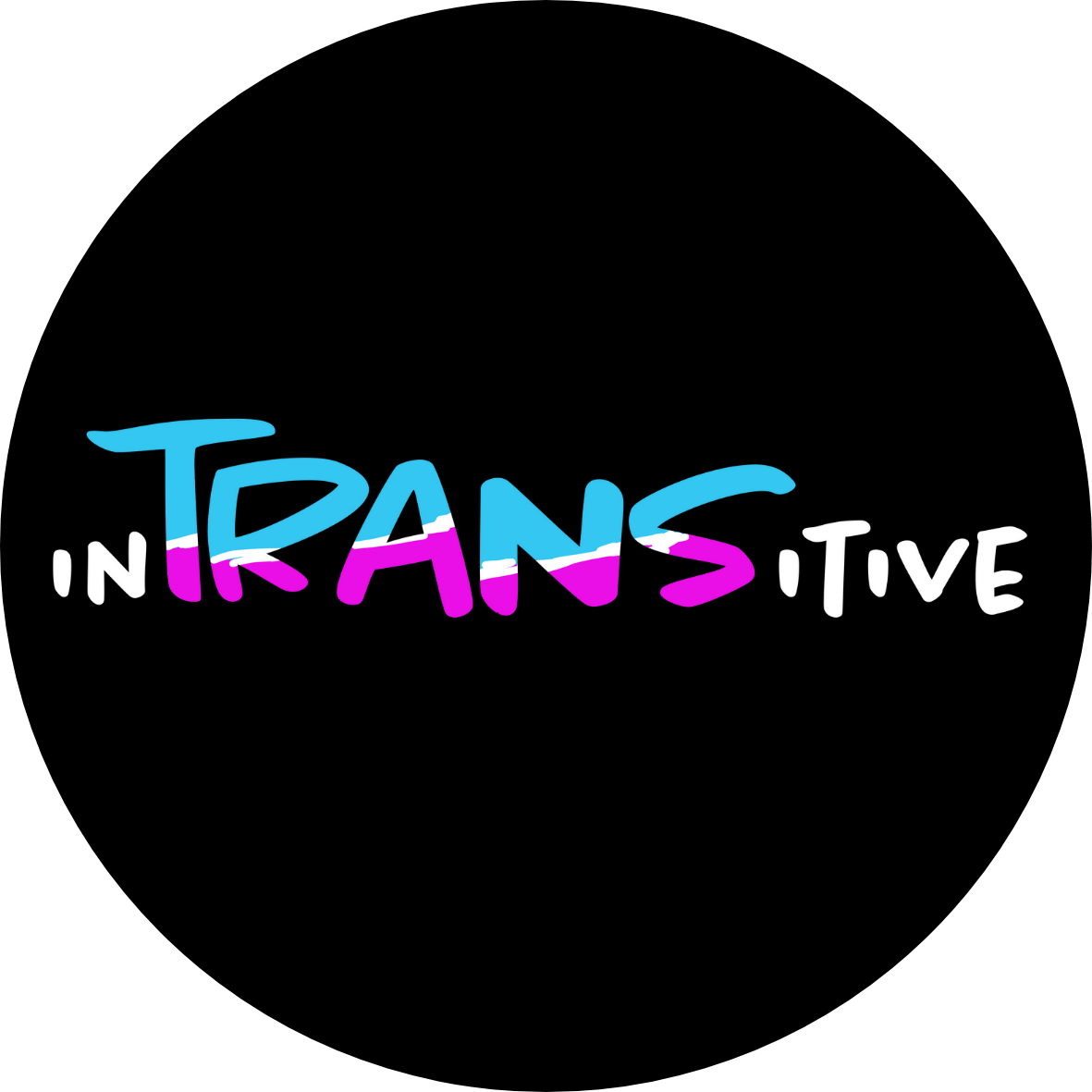
Ten Tasks Toward Liberation
The following page contain tips on how you and/or your group can show up to protests, demonstrations & direct actions. Everyone has a role in this movement - together we can achieve liberation.
Become familiar with people and organizations doing good work in your local community. Pinpoint 2-3 friends you can discuss your beliefs & values with in your life. Follow up on conversations to raise awareness, accountability, and check-in with one another’s practices of self-care. Be holistic in your approach to one another: organizing is not extractive, and it’s key to connect with others outside the lens of production.
Consider what knowledge you have and how it can help us move toward social justice. Try out different roles in organizing and see what fits you best. Don’t be afraid to try new things & devote your time to causes in your community!
Don’t pick and choose where in your life you’ll live by your beliefs. Instead, practice consistency and integrity by following your beliefs in all social circles and spaces. Try your best to practice moving toward liberation at home, work, school, or wherever you are–not just at the moment of a protest or with certain people/groups.
Production isn’t the goal of liberation. Take time to check in with yourself and others in your community/circle. Practice self-care and community care. Assume best intentions with yourself and those around you. Take steps to mitigate burnout and be aware of how your trauma shows up in relationships. Be willing to take a step back and take a breath back when necessary, and to respect when others need to do the same.
We all are living, growing and unlearning. When we make mistakes, it’s important that we are willing to embrace accountability & grow from those experiences. If someone approaches you about accountability, be willing to thank them and reflect on that issue being brought up instead of becoming defensive or making it about you personally. We can only find liberation if we are willing to grow together and learn from one another over time.
1. Cultivate Community
2. Find Your Strengths
3. Bring Your Skills
Know your assets and don’t be afraid to share your skills with others! Know that everyone has certain skills they can bring to the table, and our strength as a movement comes from skill diversity.
4. Know Your Rights
Continue to invest time in political education, addressing your internalized biases, and gaining new perspectives. Identify your own internalized biases/privileges and make a plan to continue to read up/unlearn regularly.
5. Distribute Resources & Knowledge
Liberation does not center one specific identity or group at the expense of others. Foster connections with people, organizations, and communities outside your own lived experience. Work together & learn from one another. Consider, connect and learn from movements outside of the United States.
6. Seek New Information
7. Build Intersectional Movements/Global Lens
8. Practice Integrity & Show Up Deliberately
9. Prioritize Care/Healing
10. Embrace Accountability
Be familiar with rights & laws that affect you and your community. See our zine “So, You Wanna Protest?” to get more information on Arkansas laws and rights according to the ACLU for starters!
Be aware of what resources exist in your community, whether they apply to your lived experience or not. Be willing/ready to share this information with others and connect folks to resources. Practice mutual aid in your daily life how you are able without expecting something in return.
The Mandate
“It is our duty to fight for our freedom.
It is our duty to win.
We must love each other and support each other.
We have nothing to lose but our chains.”
Assata Shakur

